When you live and work thousands of miles away, it’s not just the food or language you miss—it’s the soul of things. For many OFWs in Taiwan, that soul is found in sacred spaces. Churches, fellowships, and mosques aren’t just places to worship. They’re places to belong.
These sanctuaries offer comfort in the chaos, fellowship in the loneliness, and continuity in a life that’s constantly adjusting. They remind us who we are and help us carry that identity proudly—even in a land that speaks a different tongue.
Here’s how the spiritual landscape of Taiwan becomes a second home for Filipino workers.
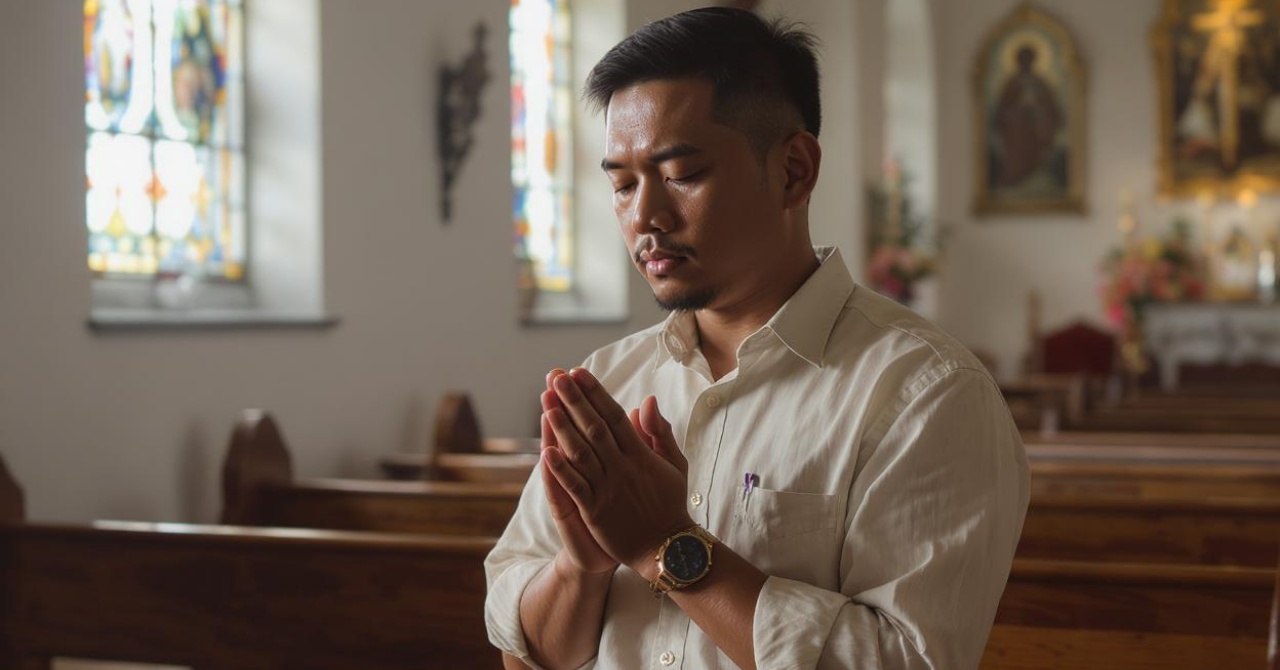
Roman Catholic Churches
St. Christopher’s Church (Taipei)
A cornerstone for OFWs in the city, St. Christopher’s holds English and Tagalog Masses every Sunday that draw hundreds. But it’s more than just a place to pray—it’s a social hub. On any given weekend, you’ll find kababayans gathering for job referrals, legal aid, community meals, and even rehearsals for Simbang Gabi. It’s the kind of church where faith walks hand-in-hand with friendship.
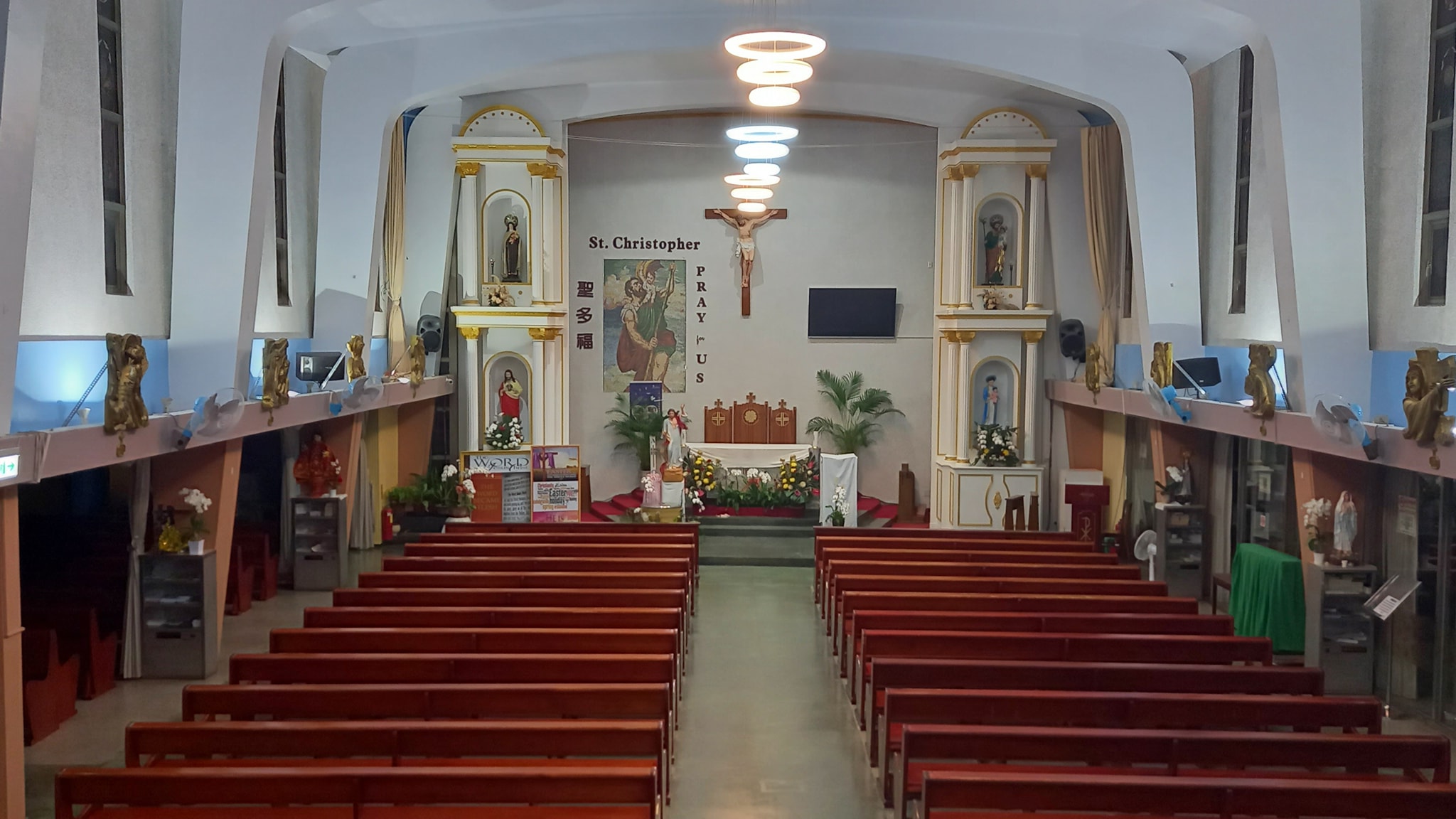
Agape International Christian Assembly (Multiple Cities)
You’ll find branches from Taipei to Taichung, each one pulsing with Filipino energy—worship bands, Bible studies, and youth camps. It’s where spiritual growth is nurtured across seasons of homesickness, doubt, and celebration. Many OFWs call this their faith family, especially those posted in smaller districts like Zhongli or Hukou.
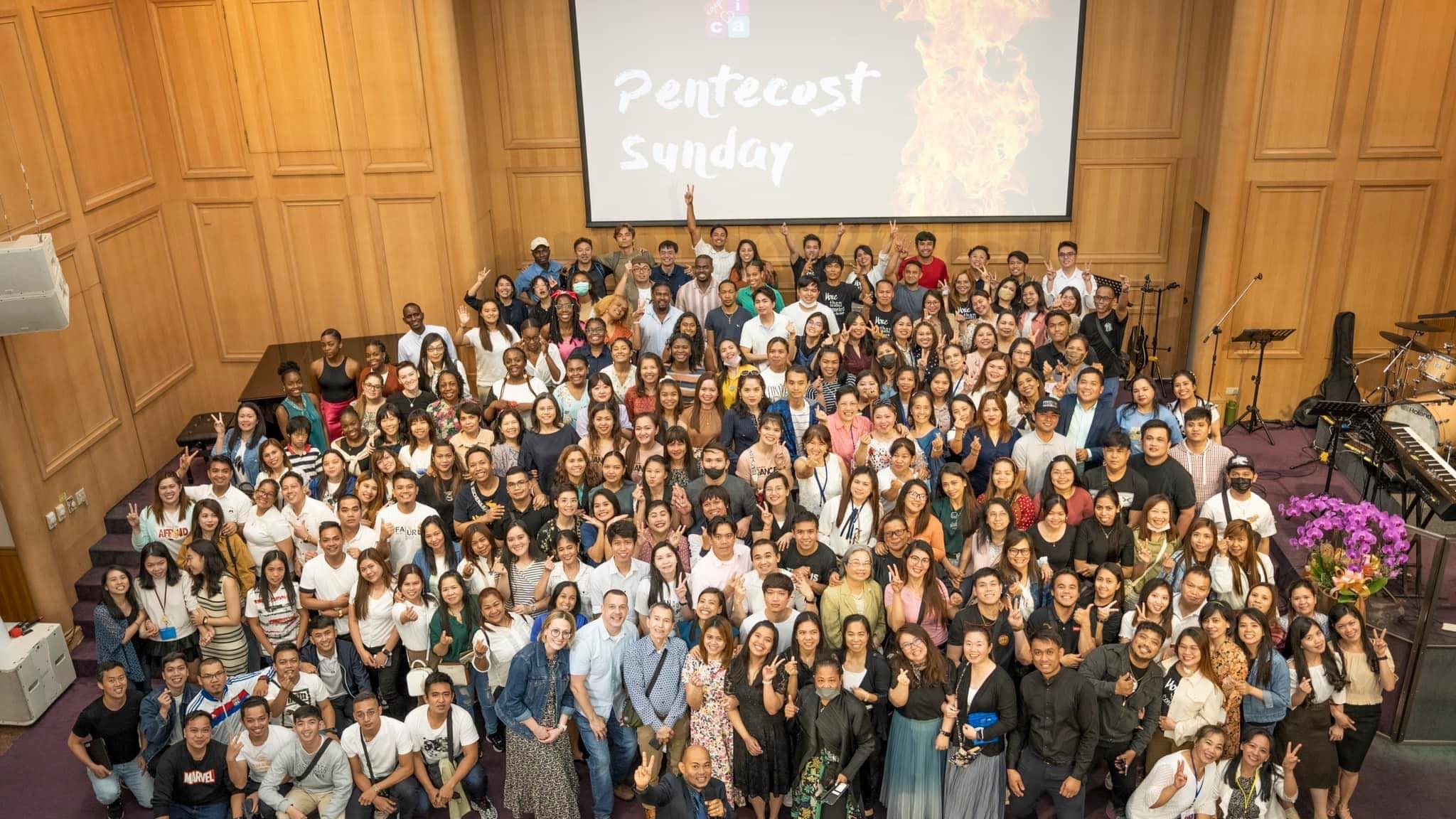
Stella Maris Seafarers’ Center (Kaohsiung)
Run by the Scalabrinian missionaries, this center offers refuge for those who work at sea. It’s a literal harbor for seafarers—complete with hot meals, rest beds, and spiritual counseling. Here, faith meets fatigue and offers restoration.
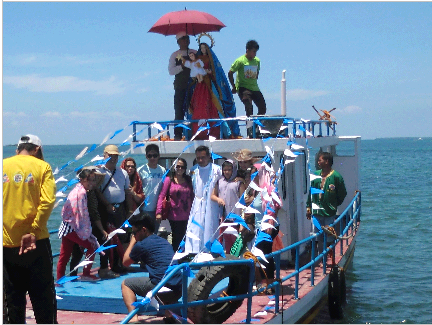
Christian Fellowships
Bread of Life Christian Church (Taipei)
A place for spiritual grounding, Bread of Life speaks directly to the migrant experience. Filipino-language services, small group discipleships, and emotional support teams help many find balance between factory shifts and faith journeys. It’s a safe place to wrestle with the highs and lows of OFW life.
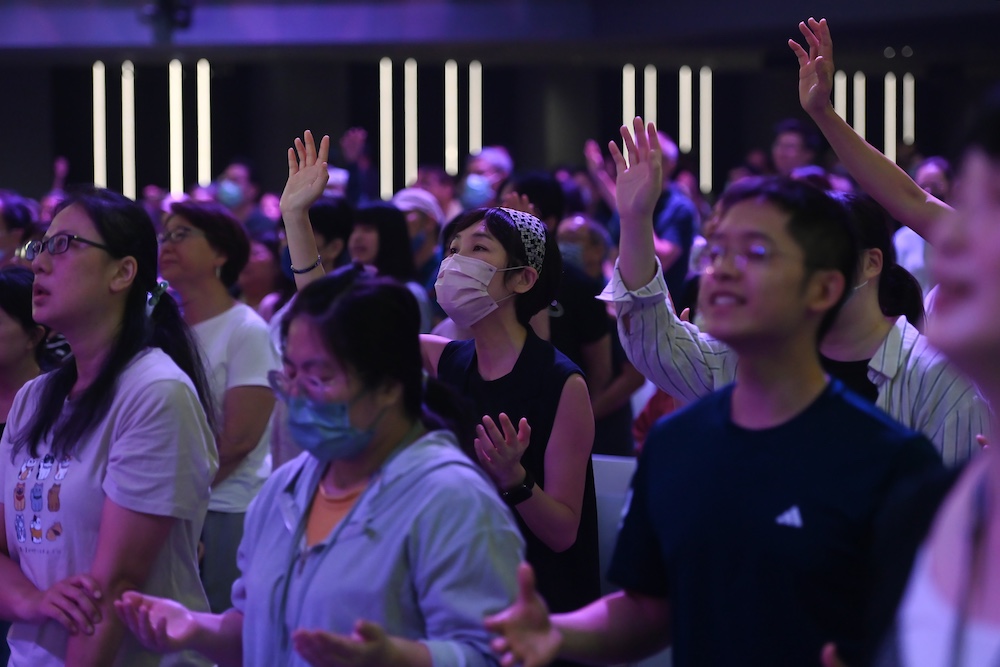
Every Nation Church (Taipei)
If you’re looking for a lively, multicultural service with strong Filipino leadership, this is it. Here, Filipino worship teams lead praise nights that shake the room with joy. You’ll also find outreach programs that assist newcomers, especially first-time OFWs.

Taiwan Industrial Evangelical Fellowship (TIEF)
Focused on serving factory and domestic workers, TIEF reaches OFWs right where they are—through weekday Bible studies at dorms, counseling hotlines, and workshops on navigating family separation and labor challenges. Think of it as faith at the frontlines.

Muslim Prayer Rooms and Mosques
Taipei Grand Mosque
Taiwan’s largest mosque is a vital spiritual anchor for Filipino Muslims. Fridays are especially alive with prayer and potlucks, where adobo shares the table with kabsa. During Ramadan and Eid, the mosque becomes a full house of Filipino families breaking fast together and celebrating as one.
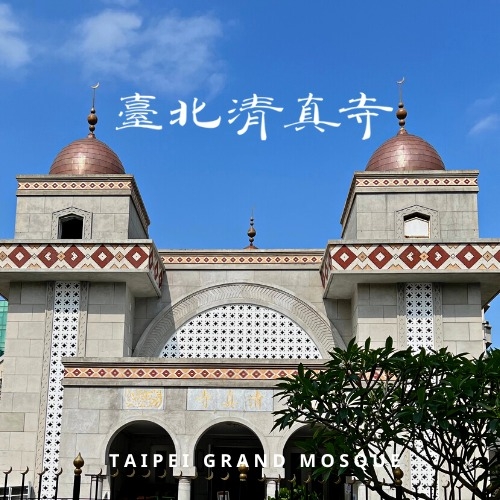
Kaohsiung & Taichung Mosques
In southern Taiwan, Filipino caregivers and factory workers gather here for daily prayers and community cooking. These mosques host cultural nights where Mindanao traditions and stories find space to be seen and heard.
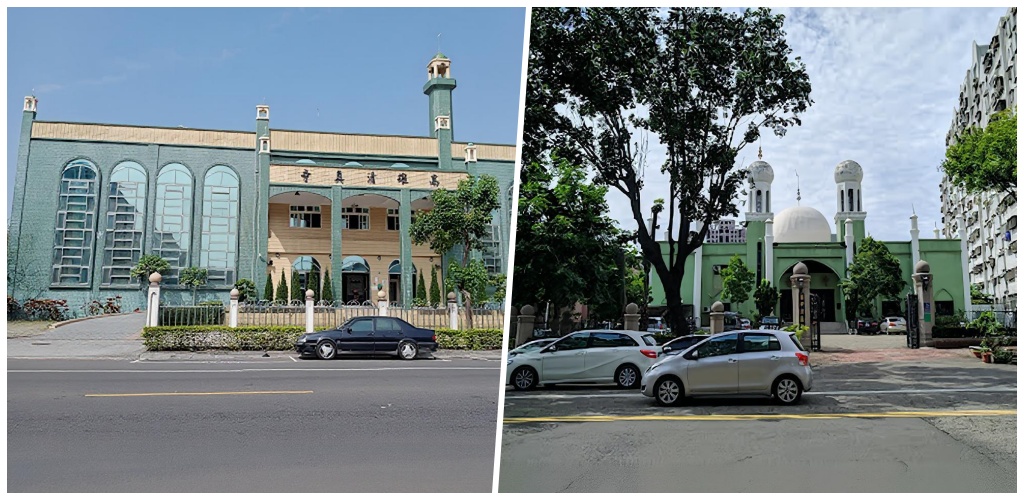
Transit Hub Prayer Rooms
Located at Taoyuan Airport, Taipei Main Station, and major hospitals, these compact but crucial spaces allow OFWs to maintain religious observance during long work shifts or busy travel days. It’s faith on the move—silent, sincere, and steady.
Voices from the Pulpit and the Prayer Mat
“This church is both altar and living room for our kababayan.”
– Fr. Edward Pacquing, CS – St. Christopher’s Church“We transformed an old cinema into a sanctuary and shelter.”
– Fr. Joyalito Tajonera – Sacred Heart Church, Taichung“Filipino worship teams bring unmatched energy… forging bonds across cultures.”
– Pastor Jonathan Chow – Bread of Life Christian Church“Our mosque is a home away from home. We celebrate Eid together and share recipes from Mindanao and Luzon.”
– Imam Ali Rahman – Taipei Grand Mosque
More Than Worship: Cultural Sanctuaries
- Language & Music
Tagalog hymns, Visayan praise songs, and traditional dances like Sinulog keep the cultural spirit alive. These expressions are not just performance—they’re identity made visible. - Practical Support
Churches double as support centers with legal aid, job boards, and emergency shelters. You’ll even find nurses volunteering blood pressure checks after Mass. - Festive Celebrations
Simbang Gabi. Flores de Mayo. Independence Day parades. These events transform parking lots and side streets into pockets of the Philippines. - Entrepreneurial Hubs
Around many churches are sari-sari pop-ups, Filipino bakeries selling pan de coco and hopia, and weekend remittance kiosks—proof that where the spirit gathers, community thrives.
Why It Matters
These sacred spaces help OFWs hold onto the deepest parts of themselves—their faith, their culture, and their sense of worth. In Taiwan’s fast-paced cities, they offer stillness. In the grind of factory shifts and domestic work, they restore dignity. And in the quiet ache of longing, they remind every Filipino they’re not alone.
If you’re an OFW looking for comfort, guidance, or just a warm community meal after Mass, know that Taiwan’s spiritual hubs have a seat—and a story—waiting for you.
Frequently Asked Questions
Q: Are services offered in Filipino languages like Tagalog or Bisaya?
Yes! Most major churches (especially Catholic ones) and fellowships offer Tagalog or Filipino-language services. Some even include regional dialects in prayers or songs.
Q: Can non-Catholics or non-Christians attend church events?
Absolutely. Many events are community-based, from job fairs to cultural programs, and welcome all faiths.
Q: How do I find the nearest Filipino church or prayer group in my area?
Start by checking Facebook groups like “Filipino Workers in Taiwan” or asking fellow OFWs in your dorm. Churches like Agape International and Bread of Life also have online pages with service schedules.
Q: Are these places safe to go alone?
Yes. These are well-established communities often connected to NGOs or religious organizations. They’re among the safest places to connect, especially for first-timers in Taiwan.
